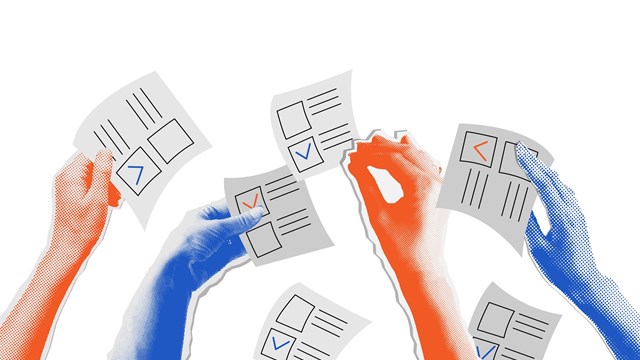
—Concerned in Clifton
“You state that the unit has become uninhabitable by virtue of the bank’s neglect.
“The Act provides that:
The association shall have access to each unit from time to time during reasonable hours as may be necessary for the maintenance, repair or replacement of any common elements therein or accessible therefrom or for making emergency repairs necessary to prevent damage to common elements or to any other unit or units. The association may charge the unit owner for the repair of any common element damaged by the unit owner or his tenant.
So the Act authorizes an association to access a unit in the event of an emergency in order to prevent further damage to units or common elements. Despite the clear language authorizing access, I counsel the association not to use self-help in this situation unless the condition of the unit poses an absolutely immediate hazard to property or persons. Rather, and if the facts warrant, an association should apply to a court for an order granting it permission to enter, inspect, and remediate any situation in a unit which poses a threat. Prior court authorization will relieve an association of any liability for entry and protect the association’s interests in the long term.
“It may be that the condominium has sufficient grounds to file an application requesting a court to appoint a rent receiver for the unit. A rent receiver is empowered to administer and manage the unit properly. Your question does not contain sufficient facts to allow me to offer you an informed opinion as to the likelihood of success on this however. I recommend that the Board of Trustees consult an attorney well versed in condominium law who can advise the board on the options available to it and advise it on how it should proceed to remedy what appears to be dire situation.”






Leave a Comment